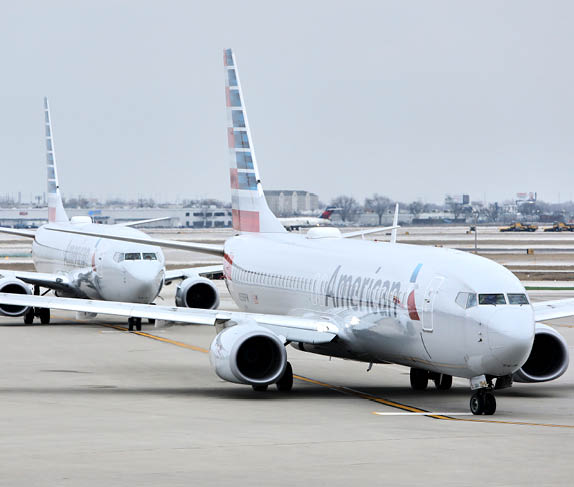Following the Southwest Airlines tragedy, the US Federal Aviation Administration (FAA) has confirmed that it will issue an Airworthiness Directive (AD) within the next two weeks that will require inspections of certain CFM56-7B engines.
“The directive will require an ultrasonic inspection of fan blades when they reach a certain number of takeoffs and landings. Any blades that fail the inspection will have to be replaced,” the FAA confirmed in a statement.
In Europe, the European Court of Justice has ruled that European airlines must pay compensation to passengers that experienced delays or cancellations due to unplanned airline employee strikes.
The judgement, issued by the court on April 17, ruled: “A ‘wildcat strike’ by flight staff following the surprise announcement of a restructuring does not constitute an ‘extraordinary circumstance’ , releasing the airline from its obligation to pay compensation in the event of cancellation or long delay of flight. The risks arising from the social consequences that go with such measures are inherent in the normal exercise of the airline’s activity.”
The ruling was based on the case of German airline TUIfly, which made a surprise announcement to staff on September 30, 2016, on its plan for restructuring the company, which resulted in workers placing themselves on a one-week sick leave in protest. As a result, many flights were cancelled or delayed for more than three hours. As this was judged to be an ‘extraordinary circumstance’, TUIfly refused to pay any compensation to passengers. The local courts of Dusseldorf and Hanover requested the ECJ to rule on whether wildcat strikes were deemed to be ‘extraordinary circumstances’, leading to the recent ruling.
The UK Civil Aviation Authority has welcomed the clarity the ruling brings, stating that although wildcat strikes are illegal in the UK, “British passengers travelling abroad may have experienced disruption as a result of such action. This ruling means that any passenger who has been impacted by wildcat strike action can pursue a claim for compensation under EU261. This also means that any passenger who feels that a previous claim was refused on the basis of the disruption being as a result of wildcat strike action could now go back to their airline and request their claim is reviewed.”

